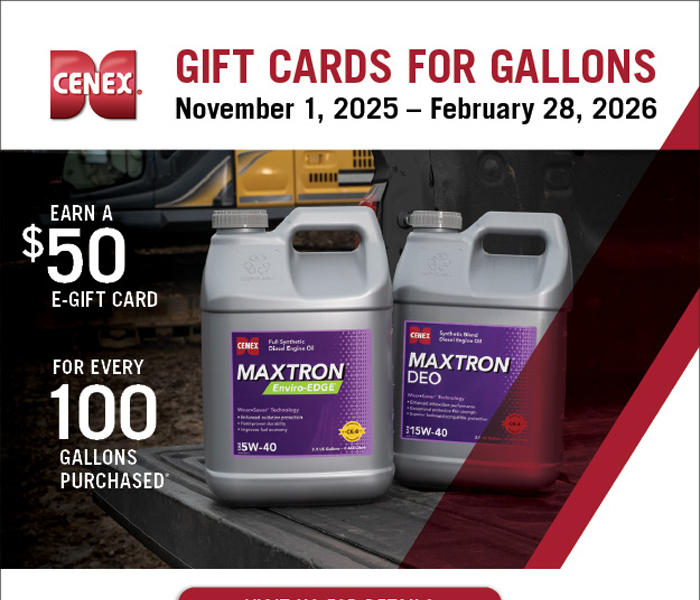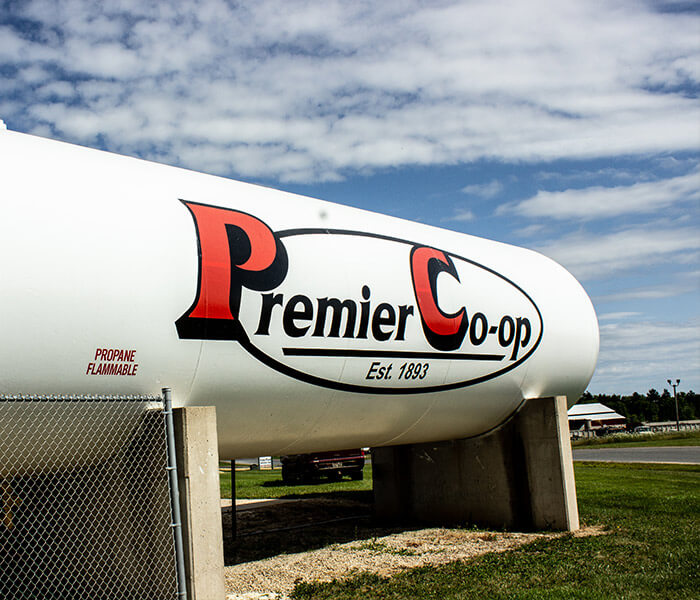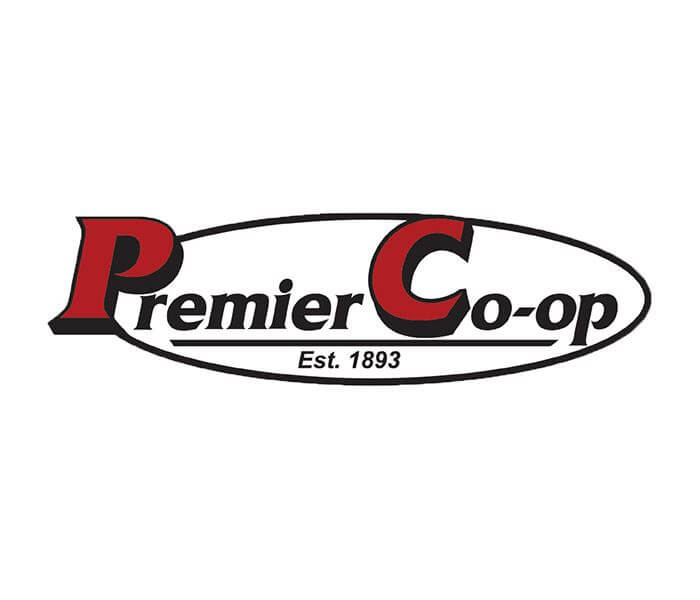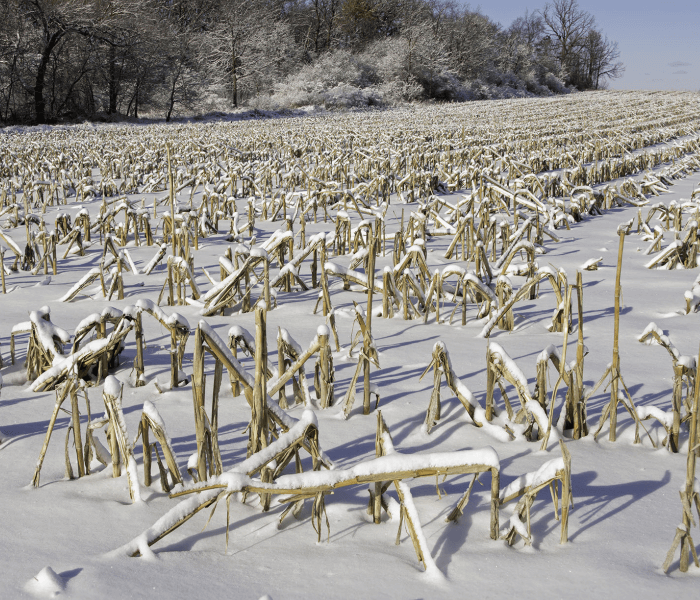February 2025
Well, we’re finally on the downhill side of winter. In my opinion, we’ve got it pretty good in southern Wisconsin as we normally only see three months of weather that can be brutally cold and that comes in streaks. If you think back to late November when we started seeing temperatures drop into the 30s, it seemed horrible. I spend a fair amount of my time outside, so after the cold snap in January, as soon as it got above freezing, I was ready to break out the t shirts and shorts. It’s funny what you can get used to.
The cold spell in January created a few challenges with propane supply. Although there is plenty of propane in the United States, getting the propane to where it’s needed can be a struggle. That’s why having multiple sources of supply allowed us to have plenty of propane on hand to deliver to our customers. Some propane companies had to resort to partial deliveries because they weren’t able to procure enough propane to deliver to their customers when they needed it most. We required an average of 12 semi loads of propane per day to keep our supply tanks topped off and we were able to get them.
If you have diesel engines, you may have experienced some challenges yourself during extremely cold weather. No matter what additives you dump into your diesel, you still need to mix in some #1 diesel or you’re going to have problems when temps drop below zero and your tractor or truck is parked outside. There’s nothing like laying on your back on the cold ground replacing fuel filters to make a believer out of you.
If your fuel filter is plugged, wax crystals have formed and are plugging the media in your filter. That means you’re past the cloud point. Number 2 diesel has a cloud point of around 14 degrees F. If you mix in #1 diesel with its lower cloud point, for every 10 percent #1 you should see the cloud point drop 3 degrees F.
There are a lot of additives on the shelves which may or may not work but #1 diesel works every time if you have the correct blend for the temperature and you’ll find it’s less expensive. You get higher cetane numbers when you add #1. Cetane rates the volatility of diesel fuel. The higher the cetane number, the easier it will start in cold weather. Cenex diesel fuels have the additives you need and with the right amount of #1, winter should not be a problem. It’s all about preparation.
If you are buying your diesel from a convenience store, make sure you know if they add #1 diesel. At our convenience stores in Mt Horeb and Westby, as well as our pump 24 locations in Richland Center and Mt Horeb, not only do you get winter diesel additives but it is cut with 30% #1 diesel fuel in the winter. If you have diesel questions or would like to purchase diesel from us, please contact Shane at 608-504-6281.
The final subject I’d like to talk about is propane tickets. When we deliver, we will leave a proof of delivery ticket (invoice) at the site. If you have a special place you’d like the ticket, let us know and we’ll put it in the driver instructions. If we currently mail the ticket to you, in the future we will be sending them via email. You may be contacted to provide that information if you fit into that category.
Consider this your annual reminder that Valentine’s Day is coming up on the 14th. I cannot be held responsible for damages resulting from disregarding this notice. Have a great month and thank you for your business.
Tim Lease
Division Manager




